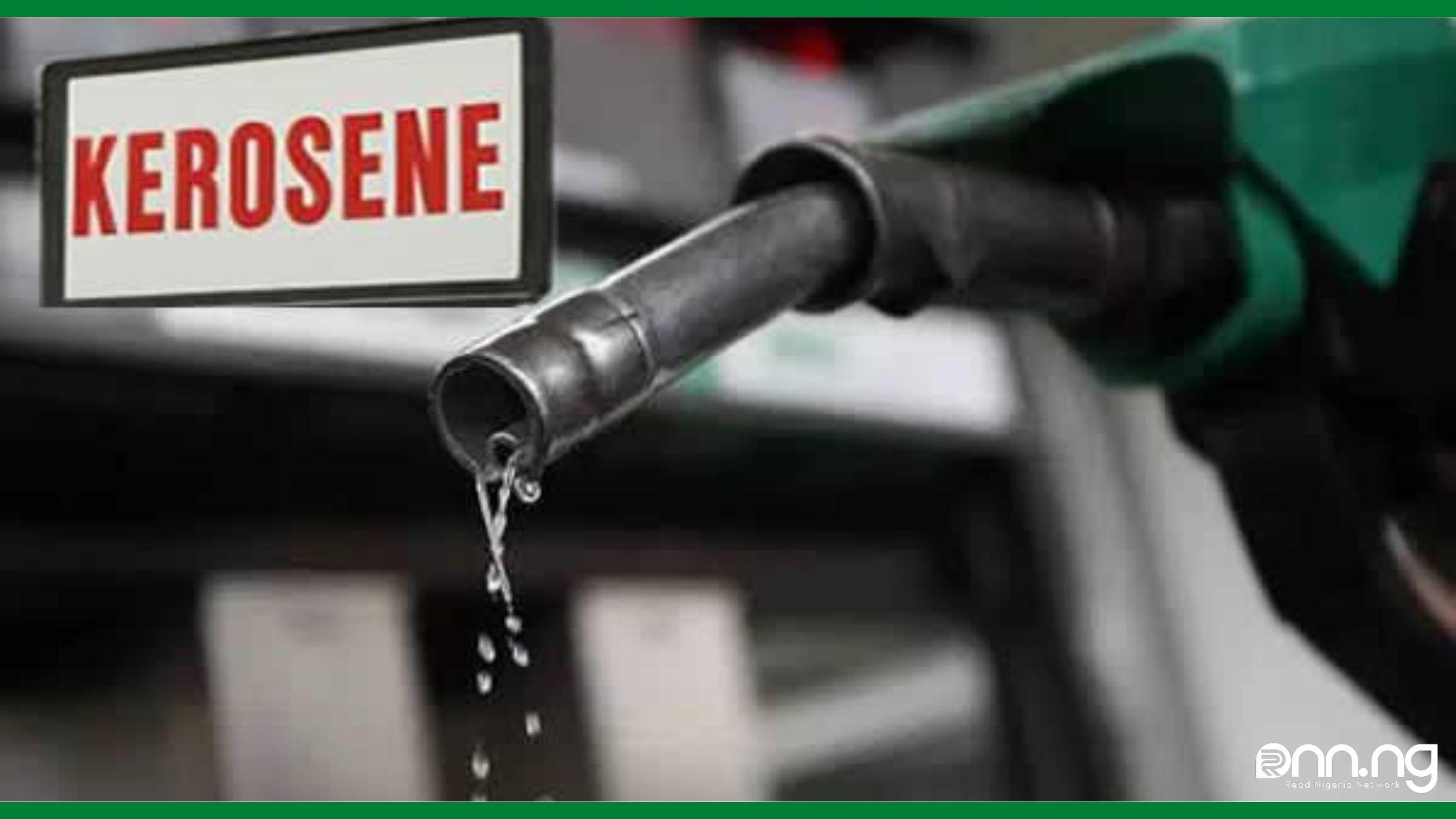Business News
Experts: Nigerians could pay more for kerosene Consumption
Nigerians could pay more for kerosene consumption according to a report by the Nigerian Bureau of Statistics. Poor Nigerians may no longer…

- Experts: Nigerians could pay more for kerosene
- Nigerian Bureau of Statistics
- Analysis By Zone
Nigerians could pay more for kerosene consumption according to a report by the Nigerian Bureau of Statistics. Poor Nigerians may no longer be able to afford household kerosene due to the commodity’s price increase of 118% over the previous year.
The average retail price per litre of the product increased by 118% to N947 from N434 in September 2021, according to the Nigerian Bureau of Statistics’ National Household Kerosene report for September. A litre of HHK (Household Kerosene) that customers paid in September 2022 was N947, up 17% from the N809 price reported in August 2022, according to the research.
According to a breakdown of the data by punchng, Enugu had the highest average price per liter in September 2022, with N1,272, followed by Ebonyi and Cross River, both with N1,264.
In contrast, Rivers had the lowest price at N686, followed by Bayelsa at N715 and Nasarawa at N735.
Additionally, analysis by zone revealed that the North-West had the lowest average retail price per liter of the product at N869, while the South-East had the highest at N1,128. Consumers spent N3,236 on average for a gallon of goods at retail in September 2022, an increase of 10% from N2,948 in August 2022.
READ MORE: What to Do With The Naira as Inflation Rate Jumps to 20.77%
In an interview with The PUNCH, Yusuf warned that unless the government steps in to immediately lower the cost of the commodity, it would make the poor masses’ suffering worse.
“The astronomical increase in the price of cooking kerosene will further aggravate the poverty situation in the country. Household kerosene is not a luxury. It is a necessity. It is bad enough that we are grappling with high food inflation, and now there is an additional burden of an escalating cost of cooking the food.
“So for the average Nigerian and the poor, this is an added burden, and obviously, the impact on poverty will be very profound,” the news platform quoted Yusuf.
Nigerian Bureau of Statistics
According to the NBS analysis, because the price of the item has increased by 118% over the past 12 months, the average Nigerian may no longer be able to buy household kerosene.
The average retail price per litre of the product increased by 118% to N947 from N434 in September 2021, according to the NBS’s National Household Kerosene Study for September.
According to the report, consumers paid an average retail price of N947 per litre of HHK in September 2022, up 17% from the price of N809 that was recorded in August 2022 and Nigerians could pay more for kerosene consumption next year.
Analysis By Zone
According to the NBS data, the average retail price per gallon of the product was N3,607 in the South-East, N3,468 in the South-West, and N2,804 in the North-East. The price of cooking kerosene per gallon increased to N790 in July from N761.69 in June, a 3.68 per cent rise.
Recall that the product’s importation was recently stopped by the Nigeria National Petroleum Company Limited (NNPC). Independent marketers have noticed a consistent increase in prices as a result of the development. More than 70% of Nigeria’s 200 million people lack access to clean cooking fuels, according to Mele Kyari, group chief executive officer of NNPC Ltd. Additionally, the cost of cooking gas has soared.
In response to an exclusive report by The PUNCH, the National President of the Nigerian Association of Liquefied Petroleum Gas Marketers, Oladapo Olatunbosun, revealed that gas consumption had fallen significantly to 800,000 metric tonnes per year from the 1, 250 million MT per year recorded about four months earlier.
He claimed that Nigeria should use at least six million MT annually given its enormous population. The current consumption rate in Nigeria is 800,000MT annually. We were producing 1,250 million MT annually a few months ago.
We should typically utilize roughly six million MT annually, just like other African nations like Morocco, Egypt, Algeria, Kenya, South Africa, and other nations, given the population of our country. But despite our enormous population, these nations today consume more LPG than Nigeria,” Olatunbosun told reporters.
